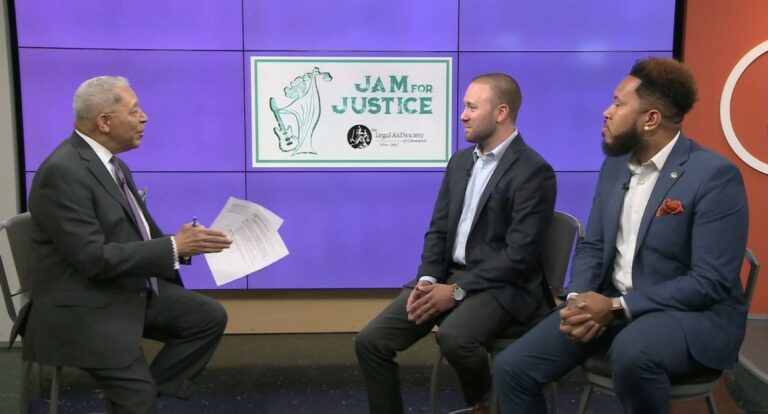Cleveland, Ohio Expungement Attorney
In 2021, the Ohio Legislature expanded Ohio’s laws so that more criminal convictions are eligible for sealing. Notably, the recent update eliminates the previous cap on the number of certain convictions which may be sealed and also shortened waiting periods to do so.
What Does it Mean to “Seal” a Criminal Conviction?
A criminal record in Ohio can make it difficult to find employment, obtain housing, or apply for credit. Fortunately, Ohio law allows for the “sealing” of criminal records in certain cases. Yet, the words “sealing” and “expungement” are often used interchangeably. True expungement, resulting in the complete deletion of a criminal record, is rare in Ohio and available only in a limited set of circumstances. Instead, Ohio permits for the sealing of records. Once a record is sealed, it is removed from public databases and will not show up on the majority of background checks.
It is important to understand, however, that even sealed records can be accessed in some cases, such as when applying for jobs which involve children or the elderly, law enforcement positions, and occupations which require a professional license. In addition, sealed records can be accessed in future criminal proceedings by the government.
Are You Eligible to Have Your Conviction Sealed?
To qualify to seal a criminal record in Ohio, an applicant must fall under one of two categories. Under the first category, an applicant may be eligible if they have not been convicted of a first, second, or third-degree felony; have not been convicted of any offense of violence; and, have not been convicted of any felony sex-offense. In this category, the applicant can have any number of misdemeanors or felonies and still be eligible.
Should the applicant not qualify under the first category, they may qualify under the second category if they have no more than one felony and no more than four misdemeanors; or, have exactly two felonies and up to two misdemeanors. For purposes of determining if an applicant falls under either category, all convictions are considered, no matter how long ago they happened or in what jurisdiction they occurred. When two or more convictions result from, or are connected with, the same act or result from offenses committed at the same time, they are counted as one conviction for eligibility purposes. When two or three convictions result from the same indictment, information, or complaint, from the same plea of guilty, or, from the same official proceeding, and result from related criminal acts that were committed within a three-month period but do not result from the same act or from offenses committed at the same time, they also are counted as one conviction.
As stated above, some convictions can never be sealed, including serious crimes of violence, most crimes involving children, the majority of sex crimes, first and second-degree felonies, and felonies involving a mandatory prison sentence. In these instances, an attorney can still be consulted to determine if other legal grounds exist to pursue alternative options.
When Can You Apply?
An applicant may apply to seal their record in Ohio once three steps are satisfied. First, no criminal charges may be pending against the applicant. This means that all fines and probation terms stemming from the conviction(s) must also have been paid or completed. Second, the applicant must demonstrate that they have been “rehabilitated to the satisfaction of the court,” and show that their interest in sealing the record is greater than any legitimate government needs to maintain those records. Third, an applicant must prescribe to the applicable waiting period following the date which the case is discharged. A case is “discharged” when the applicant has satisfied any and all penalties of the conviction, including jail or prison time, terms of probation or parole, and paid any fines or fees (excluding court costs).
If applying to seal a misdemeanor, fourth-degree felony, or fifth-degree felony, the applicant must wait one year after the case is discharged. If applying to seal a third-degree felony, the applicant must wait three years after the case is discharged. The waiting period applies to each felony separately.
How Do You Apply?
Once an applicant determines they are eligible to seal a conviction, a record sealing application may be filed in the court where the conviction occurred. Exact procedures vary by court, so an applicant should contact an attorney to determine various requirements. It is important to obtain all records relating to the applicant’s convictions. Courts may ask the probation department to prepare a report in advance of a hearing to determine whether the applicant is eligible to have the conviction(s) sealed. The prosecution may file an objection to the application. Since courts have discretion in sealing matters, it is important to remember that mere eligibility to seal a conviction does not guarantee that the conviction will ultimately be sealed. However, an experienced attorney can guide the applicant through the process and advise as to updates in Ohio’s sealing laws as well.
* * *







